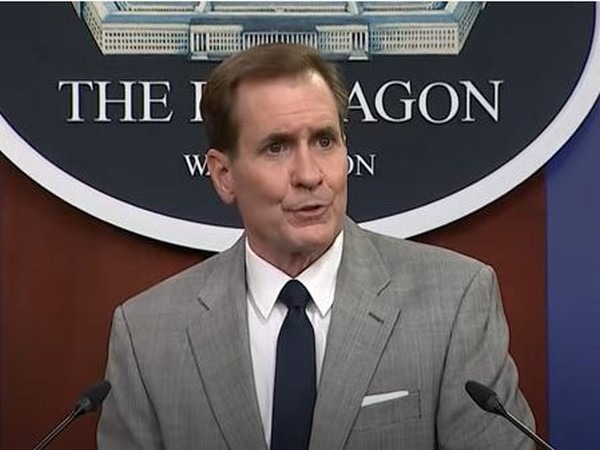
Supply chain disruptions as a result of Houthi
attacks on merchant ships in the Red Sea are only likely to increase. A growing number of ship operators have
themselves decided to suspend operations through the area and yesterday the
Norwegian Maritime Authority effectively made the Red Sea pretty much a no go
area for Norwegian ships.“Today, the Norwegian Maritime Authority decided
to raise the security level in the southern part of the Red Sea to the highest
level, level 3,†it said. “This means that operational restrictions will be put
in place, and transit through the area will be discouraged.â€
“We have recently seen
several serious attacks on civilian ships. The militia responsible for the
attacks claims that they only target ships with ties to the conflict in Israel.
However, due to the uncertainty surrounding the information used to target
ships, the decision has been made to elevate the security level. While
Norwegian ships are not prohibited from navigating through the area, the
elevated security level sends a clear message that the situation is ambiguous
and has worsened,†said Knut ArildHareide, Director General of Shipping and
Navigation, adding: “Traffic in the area should be avoided.â€
Security level 3 implies that Norwegian-registered
ships are not permitted to call at ports in the geographical area covered by
security level 3. Although sailing
through the area is still possible if deemed justifiable by the shipping
company, the Norwegian Maritime Authority recommends avoiding such traffic
until the situation changes.
The International
Transport Workers’ Federation (ITF) is calling for the safety of seafarers to
be paramount.The ITF says that it recognizes that the Red Sea route including
the Suez Canal is a critical part of the global supply chain and that taking the alternative route around the
Cape of Good Hope extends the journey by over 3,000 nautical miles –
potentially adding weeks to the time seafarers will be at sea.Stephen
Cotton, ITF general secretary said: ‘’The primary concern of the ITF is the
safety of seafarers and we would expect shipping companies to share that
concern. Seafarers move the world.
We applaud companies that are rerouting their vessels. The focus at this time
needs to be about the health and safety of the seafarers and less about the
cost of oil and transport.’’Yesterday, 19 Dec Admiral John Kirby, coordinator
for Strategic Communications at the National Security Council told a White House press briefing that “now ships and aircraft from multiple
nations are and will continue to join the United States in conducting maritime
surveillance and taking defensive action as appropriate to protect commercial
ships from the threat posed by the Houthis.â€
“From the beginning, we’ve said that this is an
international challenge; it requires collective and international action.†said
Kirby. “And we’ve been able
to bring together now a number of partners, including the United Kingdom,
Bahrain, Canada, France, Italy, the Netherlands, Norway, Seychelles, Spain, and
even more to address this challenge together.“Also today, in a related fashion,
the United States and the world’s largest flag states for commercial vessels
transiting the Red Sea also issued a joint statement condemning, in the
strongest terms, the threats and the acts by the Houthis.
“This joint statement
has 44 signatories, including NATO, the entire EU and G7, as well as Australia,
Canada, Bahamas, Malta, New Zealand, Singapore, and Yemen.â€